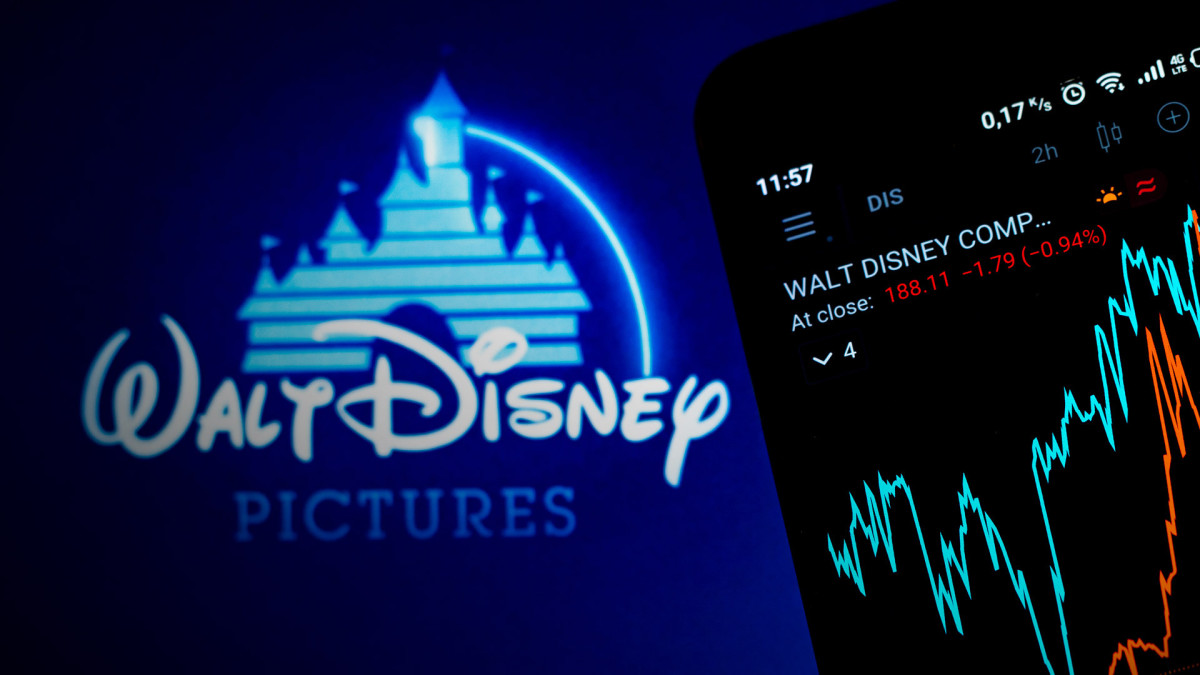
Investors and traders may be congratulating themselves for a great first quarter.
But the smart money already is looking at what's coming next for stocks and the economy.
Bulls are in firm control of U.S. and most global markets. One could see them at work in futures trading late Sunday. Stock-index futures were uniformly higher, a sign that markets will open higher on Monday.
The bullishness is the result of the strength of the five-month old stock rally.
There were record closes on March 28 for the Standard & Poor's 500 Index and the Dow Jones Industrial Average and continued strength in stocks in the Nasdaq Composite.
At the same time, interest rates appear to have stabilized, and many analysts say markets can handle the Federal Reserve's patient policy toward cutting interest rates. (The Fed's mantra seems to be: "Yes, we'll cut — when we're ready.")
A key inflation reading on Friday was above the Fed's goal of 2% inflation, but no one seemed terribly concerned about it. Early trading in oil futures suggests price increases are slowing for now.
Related: The Fed's stock market influence, like inflation pressure, continues to fade
While investors will be watching overall markets closely, two other events this week will demand attention:
- The bitter, emotional proxy fight for control of Walt Disney (DIS) .
- The monthly jobs report due Friday before U.S. markets open. The report can quickly move markets up or down.
The expectation on the jobs report is the U.S. unemployment rate held steady in March at 3.9%, with nonfarm payrolls growing by 205,000. A big gain could spook bond markets and send interest rates higher — and stocks lower.
Monday's markets will also function as a report card on the March 28 report on consumer inflation.
The Bureau of Economic Analysis reported that its Personal Consumption Expenditures Price Index rose 2.5% year over year. Its core measure showed a 2.8% increase.
The great first-quarter stock market
How good was the market in March?
The S&P 500 Index rose 10.2%, its best first-quarter performance since 2019. The Dow added 5.6%, and the Nasdaq Composite was up 9.1%.
The S&P 500 set eight closing highs during the month and 22 in the first quarter. The Dow hit three (with a total of 17 year-to-date). Both indexes, in fact, finished the month with record closes.
The Nasdaq Composite had two record closes in the month, the last on March 22, and ended up 1.8% for the month and 9.1% in the quarter.
All 11 sectors of the index showed gains during the month, led by the energy sector, up 10.4%, and materials, up 6.2%.
The weakest sector was Consumer Discretionary, up just 0.01%. The group includes Tesla (TSLA) , down 12.9% for the month; retailer Lululemon Athletica (LULU) , down 16.4%. was the weakest. Dow component Nike (NKE) was off 9.6%.
Chipmaker Micron Technology (MU) was the top S&P 500 stock in the month, up 30.11%. But it was the only semiconductor stock in the the top 10.
Nvidia (NVDA) was up only 14.2%. It's still up 82.5% on the year.
Bitcoin finished March (on Sunday) at $71,024, up 14.4% for the month and 67% for the year.
The close, however, was 3.3% below bitcoin's closing high of $73,463 on March 13 and nearly 3.8% from its intraday peak of $73,798 on March 14.
What gives bulls optimism are four factors:
- There are few signs the stock market is overbought. Relative-strength indexes are below levels that get traders' attention.
- There won't be a government shutdown.
- The economy and markets have been able to carry on despite the current interest-rate environment.
- The Federal Reserve may not be in a rush to cut interest rates, but the central bank doesn't appear interested in raising them either. The 10-year Treasury yield moved up to as high as 4.33% from 3.9% at the end of 2023 but drifted back to 4.2% at month's end.
The big risks: An angry, disputed U.S. election in the fall and the risk of widening war in Europe or the Middle East.
The enormous and expensive fight over Disney
Meanwhile, the proxy fight for control of Walt Disney (DIS) will grab eyes and ears this week all the way into Disney's annual meeting, which starts at 1 p.m. EDT (10 a.m. PDT) on Wednesday.
That's when the votes will be counted on whether candidates from two groups of activist investors will be elected to the Disney board.
A note: This is a virtual meeting.
- You can listen in by going to the Disney Investors Relations site.
- Or access the meeting directly here.
- If you are a shareholder and want to ask questions, you must pre-register.
The Disney battle is an election where you can't poll the voters — in this case, the actual shareholders — to any reliable degree. They just mark their proxies and send them in.
Normally, big investors dominate the voting in a proxy fight, but small investors control around 40% of Disney's shares, and they may well decide the battle.
Some small investors are in the game just to make money from the stock. Others were given shares as children or bought some with earnings from high-school jobs and haven't sold.
Will a $75 million fight cost $100 million?
The Disney fight is primarily with Trian Fund Management, led by the activist investor Nelson Peltz. Trian controls 1.8% of Disney's shares and wants to vote Peltz and a former Disney executive, Jay Rasulo, onto the board.
More on Disney
- Billionaire investor has a problem with ‘woke’ Disney movies
- Analysts adjust Disney stock price targets ahead of proxy fight
- Analysts unveil new Disney stock price targets after earnings
A second group, known as Blackwells Group, led by Blackwells Capital Management, is also in the fight, hoping to elect three candidates to the board.
The fight gets more expensive by the day.
Peltz has estimated he's spent $25 million on his campaign, The New York Times reported. Disney guesses their costs at $40 million.
Tensions are rising as investors big and small take sides. Peltz has even weighed in about what he thinks of the kinds of entertainment the company produces.
He was criticized recently for suggesting Disney should stop making films with all-African-American casts or all-female casts. Disney's Marvel unit did produce "Black Panther" in 2018, which grossed $1.3 billion worldwide.
Presumably, either of the groups trying to get on Disney's board would advocate strongly for trimmed production spending for Disney's entertainment assets and lower operating costs for its theme parks. And they'd seek greater direct returns to shareholders.

Shutterstock
Disney's shares struggled between an early 2021 peak of about $200, falling to as low as $79.33 on Oct. 27, 2023.
That was, ironically, the day the market bottomed and started its big fall rally.
Disney closed at $122.36 on March 28, the last day of trading for the month. Its 35.2% first-quarter gain was the best performance of any stock in the Dow Jones Industrial Average. It was also the ninth-best year-to-date performer in the Standard & Poor's 500 Index.
The shares are up 54% from the Oct. 27 market bottom, second-best among the Dow stocks after the 61% gain for American Express (AXP) .
A light week on reports and earnings
Aside from the jobs report, the week ahead does not feature huge economic reports that can send stocks and bonds higher or detail the big rally that started in October.
But watch the OPEC meeting this week. Oil prices are up 16% so far in 2024. And retail gasoline prices have moved up nearly 14% this year, a faster pace than a year ago.
No change in policy is expected. Reuters reported global oil prices are rising because of worries that war in Middle East and attacks on Russian energy infrastructure could disrupt supplies.
As of Sunday, the American Automobile Association's daily price survey showed the national price of regular unleaded gasoline at $3.535 a gallon, basically flat for the past 10 days but up 13.6% this year.
Only 137 fourth-quarter-earnings reports are due this week. Among the biggest is payroll-services provider Paychex (PAYX) on Tuesday. The consensus estimate is $1.36 a share, up from $1.29 a year earlier.
The first-quarter-earnings season, however, starts at 8:30 a.m. on April 12 when JP Morgan Chase (JPM) reports first-quarter results. Investors admire the banking giant; its shares are up 17.8% this year. The average analyst estimate: $4.16 a share.
Related: Veteran fund manager picks favorite stocks for 2024







